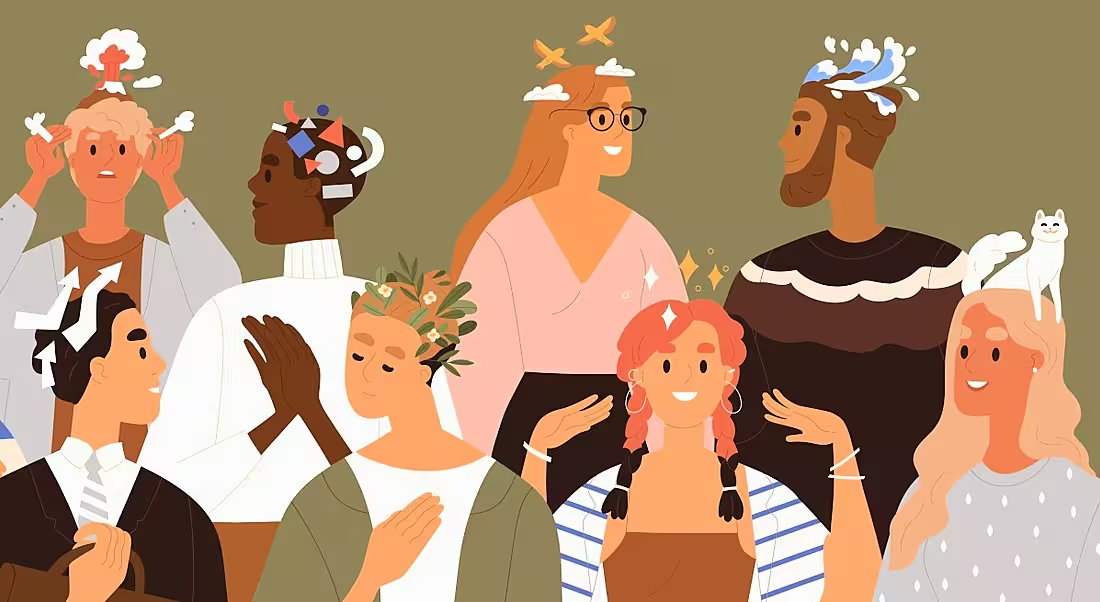Employees exist at the core of a business and if companies want to truly engage with the workforce, they will have to better understand the different personalities within it.
John Hackston is the head of thought leadership at the Myers-Briggs Company and in his opinion, the key to strong collaboration within a business is understanding the different kinds of personality types that make up the workforce.
“We all have a tendency to assume other people are just like us, but really they aren’t,” said Hackston. “What motivates us, may not motivate them. The way that we like to communicate and be communicated with may not work for them. If employers are going to get the best out of their people, it’s important to recognise, to understand and as far as possible, adapt to their individual personality types.”
Though it varies from organisation to organisation, for Hackston there simply is not enough emphasis placed on the power of personality in the workplace. He noted “business isn’t easy” and nowadays as companies face immense pressure, it is only natural that the human element is forgotten amid a focus on tasks and outcomes.
“That’s a big mistake. If employees aren’t motivated and engaged, they won’t perform well, and that will have a major effect on the bottom line.” He explained that taking the time to think about people’s motivations, frustrations, strengths and challenges tends to be ignored when times are hard, leading to what he called a “downward spiral of dysfunction”, where engagement and performance take a dip.
“Often this can lead to increased stress, leading to burnout. Again, it’s important to recognise that everyone is different, what stresses one person may energise another. But ultimately this is bad for the individual, but also bad for the company, leading to suboptimal performance, mistakes, presenteeism, absenteeism, even, at an extreme, litigation,” said Hackston.
Who bears responsibility?
The benefits of incorporating different types of personalities and temperaments into the workplace can be significant and far-reaching.
But whose job is it to ensure that companies look to incorporate and support ideology around the power of personality? For Hackston, it is everyone’s responsibility. “Personality isn’t some add-on that we can outsource to HR to deal with, it’s an important part of who we are. Indeed, to a large extent it is who we are.
“So it’s the responsibility of senior management to create a culture where employees can accept that other people are different to them, that this is OK and that individuals, teams and the whole company can use these differences constructively.”
Additionally, he explained managers, team leaders and employees all have a part to play in ensuring that they can effectively work with different personality types, but also that individuals need to understand how their own personality relates to that of their co-workers.
HR professionals will likely lead learning and development initiatives within the company, but for Hackston, at the end of the day, it is up to every employee to educate themselves on the importance of personality types and how they affect working relationships and workplace dynamics.
To drive innovation, productivity and effectiveness in the workplace, Hackston noted that the list of what a company can do is exhaustive and includes the obvious, such as committing to new systems, processes, machinery and improved IT systems. But therein lies the trouble, as large projects and company-wide transformations tend to steal focus.
“Big new processes and initiatives rightly get a lot of attention. But the danger is that these prestigious projects grab all the resources, leaving the people side neglected, which will mean that the project never achieves its potential. Employees are important and you neglect them at your peril.”
Ultimately, global workforces are made up of a wide range of people who think, act and behave differently. Everyone brings something unique to the table, but not every company has the ability or the know-how to harness the power of personality.
As explained by Hackston, rather than viewing diverse personality types as an obstacle to be overcome – or worse again, choosing to ignore it – businesses can experience a world of good by working to better understand how individuals operate within a team.
Don’t miss out on the knowledge you need to succeed. Sign up for the Daily Brief, Silicon Republic’s digest of need-to-know sci-tech news.




